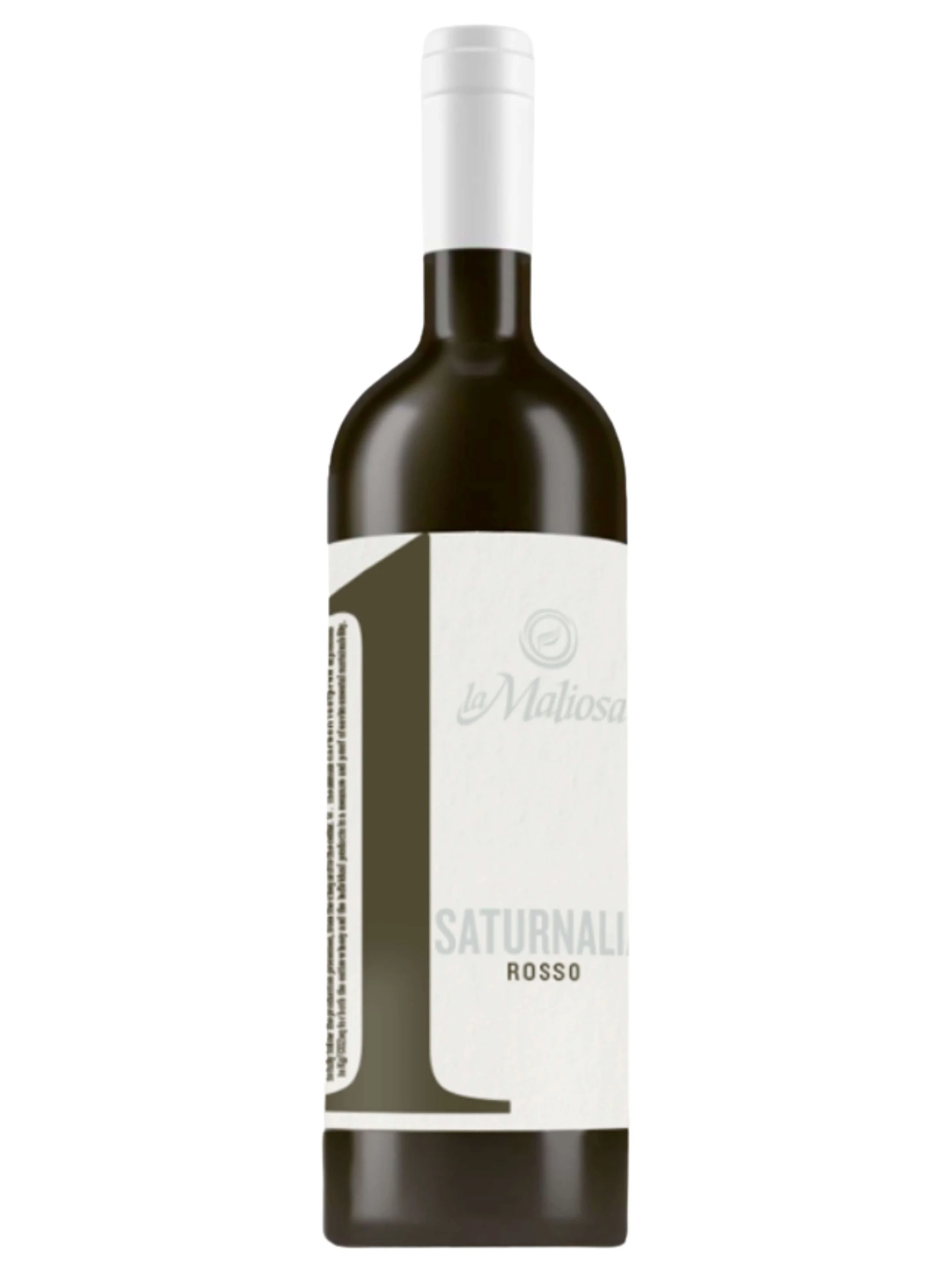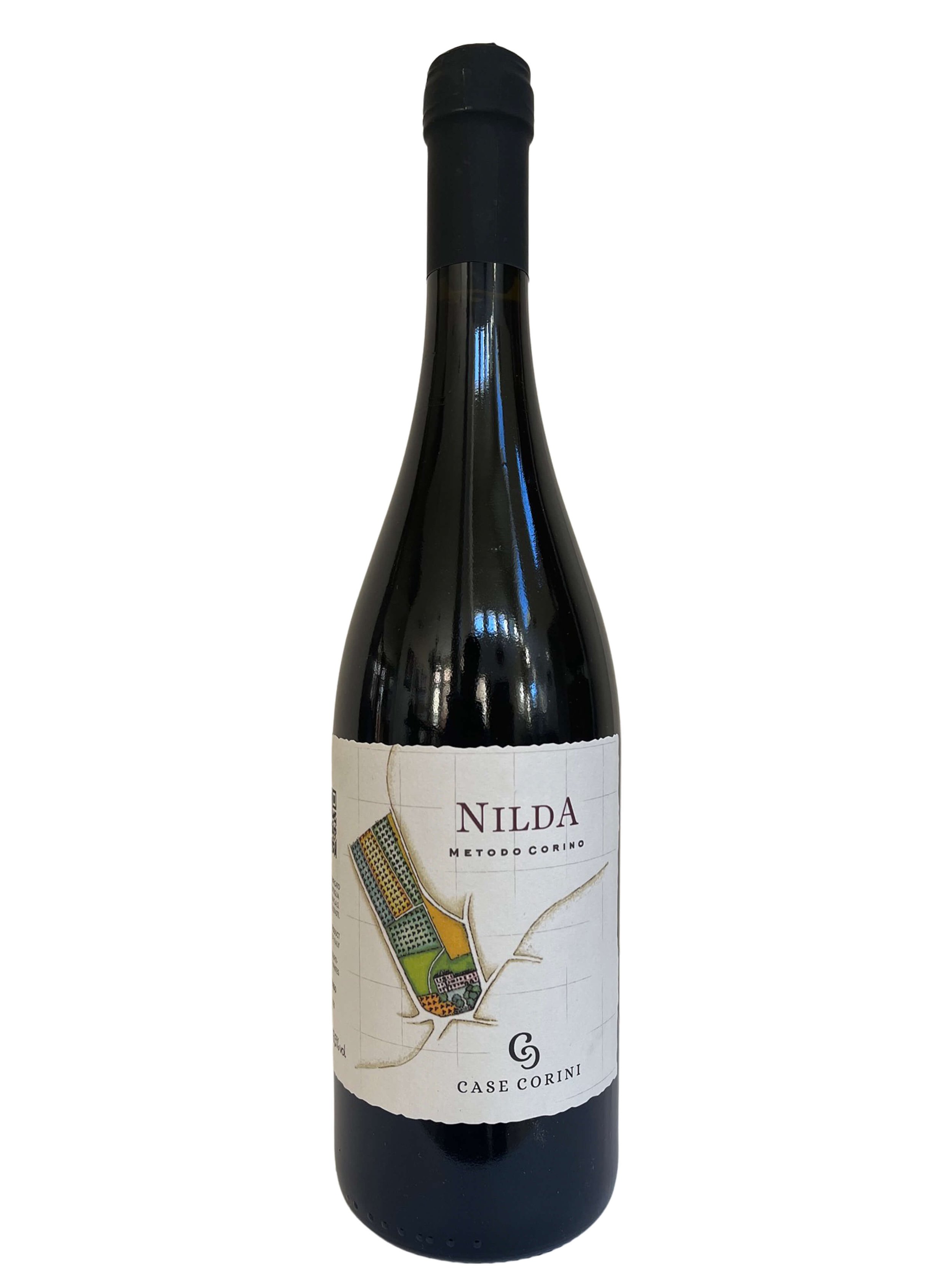Super Natural Wines: the Super Heroes of Sustainability
Just like Super Heroes, Super Natural Wines take care of people AND the planet-- they go beyond a natural wine to do more in terms of sustainability, a broad concept that focuses on three major areas: economic, social, and environmental.
Biodiversity in the vineyards of Lorenzo Corino, 6th generation estate making natural wines in Piedmont, Italy.
What is Super Natural Wine, Anyway?
Natural wines should be alive and full of natural microbiology.
Natural wines should grow from a healthy ecosystem in the ground.
Natural wine grape growers should farm organically.
Natural wine makers should transform their organic grapes into natural wine using native yeasts.
Natural wine makers should use minimal interventions in the natural processes of fermentation and minimal sulfites.
Natural wine makers should avoid additives or other processing aids as well as fining and often are not filtered.
"Given that the microbiological life of the vineyard is what enables both successful fermentations in the cellar and the creation of wine that is able to survive without a technological crutch, sustaining a healthy habitat in the vineyard for these microbes is fundamental for the natural wine grower," writes Isabelle Legeron MW in Natural Wine: an introduction to organic and biodynamic wines made naturally. "This microbiological life follows the grapes into the cellar, transforms the juice and even makes its way into the final wine in the bottle."
"Natural wine is therefore, literally, living wine from living soil," states Isabelle Legeron.
Super natural wines take a 360 degree perspective
Super natural wines do all that natural wines do and they do more when it comes to sustainability because they are taking a 360 degree perspective from the vine out to include everything in sight. Growing grapes organically and creating a healthy biome in the soil is important, but a SUPER NATURAL wine creates a healthy ecosystem and healthy community for all species--one that promotes prosperity for all by taking everything into account.
Organic, biodynamic, and natural wines may all be sustainable, but there are key differences. To better understand the idea of super natural wines, put these wines with amazing super powers to help the planet and people in the center of a circle. In concentric rings, place wines that have super powers, but not to the same extent. As we move away from the center, away from super natural wines and sustainability, we'll find wines that are organic but don't have other sustainable practices, until you are firmly in the land of conventional, commercial, chemically laden wines.
The triple bottom line is what sustainability is all about
Instead of one bottom line-- profit for the business -- the triple bottom line looks at the 3Ps: people, planet, AND prosperity. An accounting framework introduced in the 1990s, the triple bottom line evaluates performance based on ecological, social, AND financial aspects.
Sustainable economic practices include social measures that promote equity, and environmental strategies that guarantee environmental stewardship. A natural wine takes into account some ecological aspects as detailed above but a super natural wine recognizes that a vineyard doesn't stand alone. It's part of a larger ecosystem and community that is populated by people and biodiversity of plants, animals, insects, and amphibians.
In addition to using natural wine making techniques as articulated above, super natural wineries might:
La Maliosa’s natural wine and olive oil farm in Maremma Tuscany measures their consumption of carbon. They are a carbon sink!
grow their own grapes or be intimately involved with growing them
use integrated pest management
provide habitat for predators that prey on the vines
approach winemaking sustainably
make wines that reflect their place of origin or terroir
encourage biodiversity on the farm
create a supportive community for all species
develop a closed system shunning irrigation for established plants as well as fertilizers from outside the farm
consider carbon footprint in decision making (for example, bottle weight)
base decisions on the impact to the planet over time
find uses for materials considered waste that would otherwise go into a landfill
provide financial security for employees.
To be organic, in general, requires attentive handling of resources such as water, soil, and air; no synthetic mineral fertilizers or chemical/synthetic pesticides; use of beneficial insects; creation of diverse ecosystems; and use of natural products instead of genetically modified ones.
Biodynamic is a form of regenerative agriculture which means that the farming of the grapes seeks to restore the soil and the planet. biodynamic wines are definitely super natural because they certify that farming practices see the vineyard as part of a farm that exists and thrives as one solid, integrated organism, a self-sustaining ecosystem that functions as a whole, with each part contributing to the rest. As a self-sustaining system, natural materials, soils, and composts from the immediate area sustain the vineyard. Farming is not extractive but regenerative: the farm is healthier each year. In addition, biodynamic practitioners take into account biological and cosmic rhythms and they use special biodynamic preparations to activate specific processes in the vines and the soil.
Vero Producers are Sustainable
Vero seeks out small producers that are driven by passion farming their own land and making authentic products . A natural consequence of their commitment to their land and craft is to embrace sustainability. Hence all Vero producers follow a sustainable approach to farming and winemaking whether it’s natural, vegan, organic, biodynamic, etc. These include:
Vigna Petrussa just to name a few.
Our next blog article will focus on procedures to cultivate and make natural wine using regenerative agriculture, specifically the Metodo Corino used by La Maliosa and Lorenzo Corino Vero producers.
We will follow with an article about organic and biodynamic lambrusco, featuring Bugno Martino's Lambrusco wines leading up to World Lambrusco Day on June 21.









